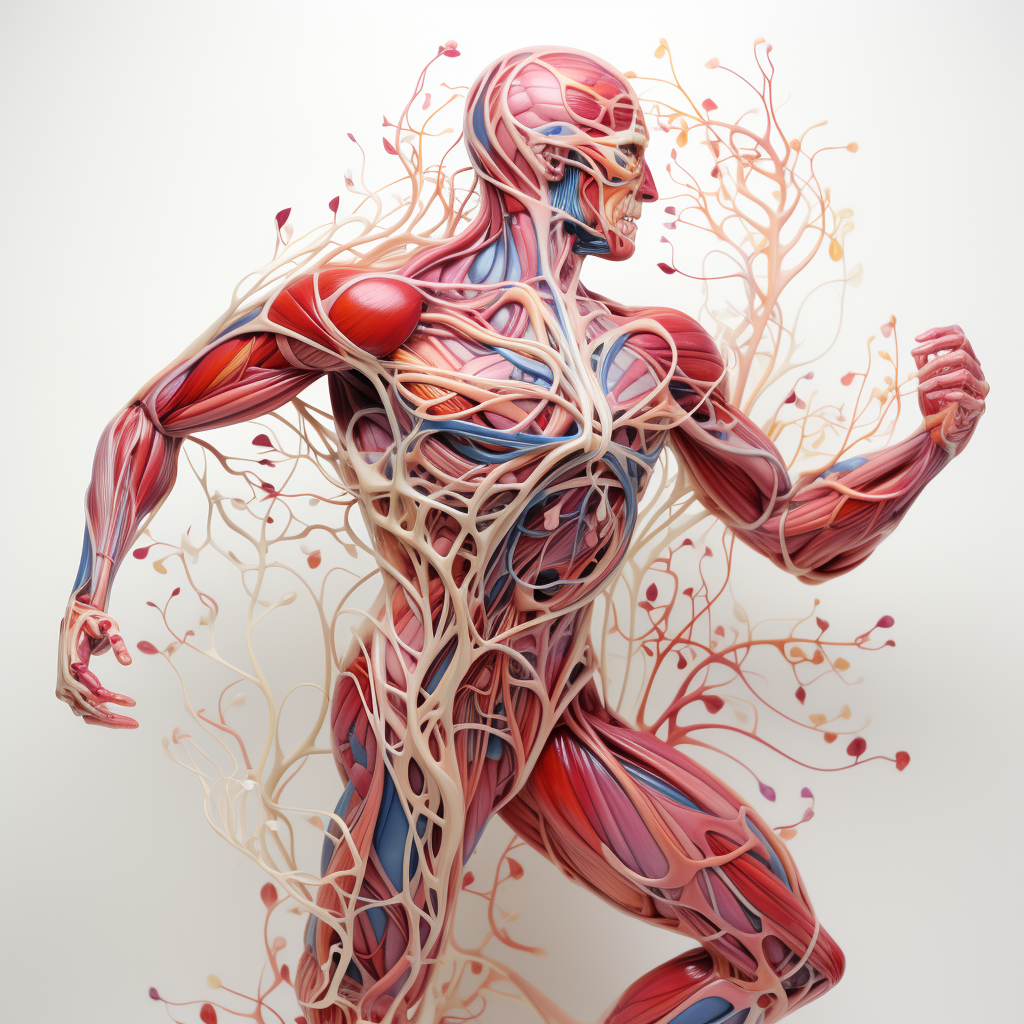Sugar, a staple in our daily diets, is often consumed in amounts far exceeding recommended levels. While it may enhance the flavor of our favorite foods and drinks, the excessive intake of sugar poses significant health risks. This article delves into why sugar is bad, how much we should ideally consume, and the hidden sources of sugar in our diets.
The Impact of Sugar on Health
Consuming too much sugar can lead to a range of health problems, including obesity, type 2 diabetes, heart disease, and dental issues. It can also contribute to poor mental health, with studies suggesting a link between high sugar intake and conditions like depression and anxiety. One of the primary reasons for these health issues is that sugar provides empty calories—calories that offer no nutritional benefits. This means that even if a person is consuming sufficient calories, they may still be lacking in essential nutrients.
Recommended Sugar Intake by Age
Health organizations, such as the American Heart Association (AHA), have set guidelines for daily sugar intake:
• Children (2-18 years): No more than 6 teaspoons (25 grams) of added sugar per day.
• Adult women: No more than 6 teaspoons (25 grams) of added sugar per day.
• Adult men: No more than 9 teaspoons (36 grams) of added sugar per day.These recommendations highlight the minimal amount of sugar our bodies actually need, as added sugar is not a necessary component of a healthy diet.
The Hidden Sugars in Everyday Foods and Drinks
Many people unknowingly consume excessive amounts of sugar through processed foods and beverages. For example:
• Soda (Coke, Sprite, etc.): A 12-ounce can of soda can contain up to 10 teaspoons of sugar, exceeding the daily limit for children and women.
• Boba tea with condensed milk: This popular drink can contain up to 13 teaspoons of sugar per serving, depending on the sweetness level and additional toppings.
• Buffet and processed foods: Foods like hot dogs, sausages, cookies, and sauces often contain hidden sugars. For example, a single cookie can have 1-2 teaspoons of sugar, while a serving of ketchup can contain up to 1 teaspoon.These hidden sugars contribute significantly to our daily intake, often pushing us far beyond the recommended limits.
The Myth of Exercise and Weight Loss
While exercise is vital for overall health, it is not a magic solution for weight loss, especially when high sugar consumption is involved. The concept of “burning off” calories from sugary foods and drinks is misleading. For instance, burning off the calories from a can of soda would require roughly 30 minutes of moderate exercise. However, the impact of sugar on insulin resistance, fat storage, and metabolic health complicates the equation, making weight loss more challenging despite physical activity.
The Ideal Diet: Zero Added Sugar
In an ideal world, the consumption of added sugar should be zero. Whole foods such as fruits, vegetables, and whole grains provide all the necessary sugars our bodies need in their natural forms, along with essential nutrients like fiber, vitamins, and minerals. These natural sugars are metabolized differently from added sugars, providing a more stable energy source and reducing the risk of blood sugar spikes.
Conclusion: Opt for Whole Foods and Water
To minimize the risks associated with sugar, focus on a diet rich in whole foods and avoid processed foods as much as possible. Water should be the primary beverage of choice, as it is free of added sugars and provides essential hydration without any adverse health effects.
By being mindful of the sugar content in our diets and making informed choices, we can significantly reduce our risk of chronic diseases and lead healthier, more fulfilling lives.
SPONSORED BY








